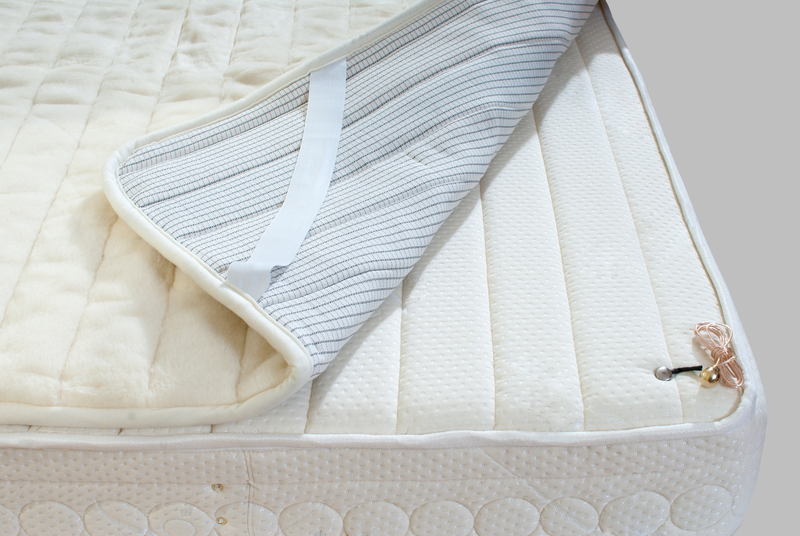Formulate Lemon Window Cleaner
Posted on 27/09/2025
The Ultimate Guide to Formulating a Lemon Window Cleaner
Cleaning windows can often be a challenging task, but using a homemade lemon window cleaner offers an effective, eco-friendly, and cost-efficient way to achieve streak-free results. This article will guide you through the process of formulating your own lemon window cleaner, examine its benefits and drawbacks, and provide tips for optimal usage.

Why Lemon?
Lemons are a natural source of citric acid, which has powerful cleaning properties. The acid helps to cut through grime, grease, and mineral deposits accumulated on windows, while the oils from lemon peel add a refreshing scent. Additionally, lemon juice has antibacterial properties, making your windows not just clean, but also hygienic.
Ingredients You Will Need
Formulating your own lemon window cleaner is straightforward and requires only a few ingredients:
1. **Lemon Juice:** Freshly squeezed or bottled lemon juice.
2. **White Vinegar:** A natural disinfectant that complements the cleaning power of lemon.
3. **Water:** Typically distilled to avoid hard water spots.
4. **Essential Oils (Optional):** For added fragrance.
5. **Spray Bottle:** For easy application.
Step-by-Step Instructions
1. **Prepare Lemon Juice:** Squeeze fresh lemons to collect about half a cup of lemon juice. Alternatively, you can use bottled lemon juice available in grocery stores.
2. **Mix Ingredients:** In a bowl, mix 1 cup of white vinegar, 1 cup of water, and the collected lemon juice.
3. **Optional Additions:** If you prefer a specific fragrance, add a few drops of your favorite essential oil.
4. **Transfer to Spray Bottle:** Pour the mixture into a clean spray bottle. Shake well to ensure thorough mixing.
Application Tips
- **Dust Off First:** Before spraying the cleaner, dust off window surfaces to remove loose dirt and particles.
- **Use Microfiber Cloths:** For the best streak-free results, use a high-quality microfiber cloth.
- **Circular Motion:** Apply the cleaner in a circular motion for more even distribution and to avoid streaks.
- **Double Check Corners:** Pay extra attention to window corners and edges where grime builds up more.
Pros and Cons of Lemon Window Cleaner
**Pros:**
- **Eco-friendly:** No harmful chemicals.
- **Cost-effective:** Inexpensive ingredients.
- **Effective Cleaning:** Cuts through grease and grime efficiently.
- **Pleasant Scent:** Leaves windows smelling fresh and lemony.
**Cons:**
- **Preparation Time:** Requires time to mix and prepare ingredients.
- **Shelf Life:** This homemade cleaner might not last as long as commercial products.
- **Potential Residue:** Incorrect ratios may leave streaks or residue.
Bonus Tips
- **Test First:** Always test your lemon cleaner on a small area before applying it to the entire window to ensure it doesn't damage the surface.
- **Consistent Maintenance:** Regular cleaning will make each session easier and quicker.
- **Avoid Direct Sunlight:** Don't apply the cleaner under direct sunlight, as this can cause streaks due to rapid drying.

Key Takeaways
Making your own lemon window cleaner is a rewarding DIY project that yields excellent results. With natural cleaning agents, you can achieve sparkling windows without resorting to chemical laden commercial products. The fresh citrus fragrance is an added bonus that makes your living space feel invigorating.
Conclusion
Formulating your own lemon window cleaner is not just environmentally friendly and cost-effective, but also extremely efficient. With the right ingredients and a little bit of effort, you can maintain windows that are as clear as day. Remember to adhere to the steps and tips provided for the best results and enjoy a greener, cleaner home environment.
Latest Posts
Tips for Safely Cleaning Car Leather Seats
Effective Carpet Stain Removal
Preserving the Elegance of Velvet Curtains Through Washing
A Comprehensive Guide to Ridding Your Toilet of Unsightly Limescale







